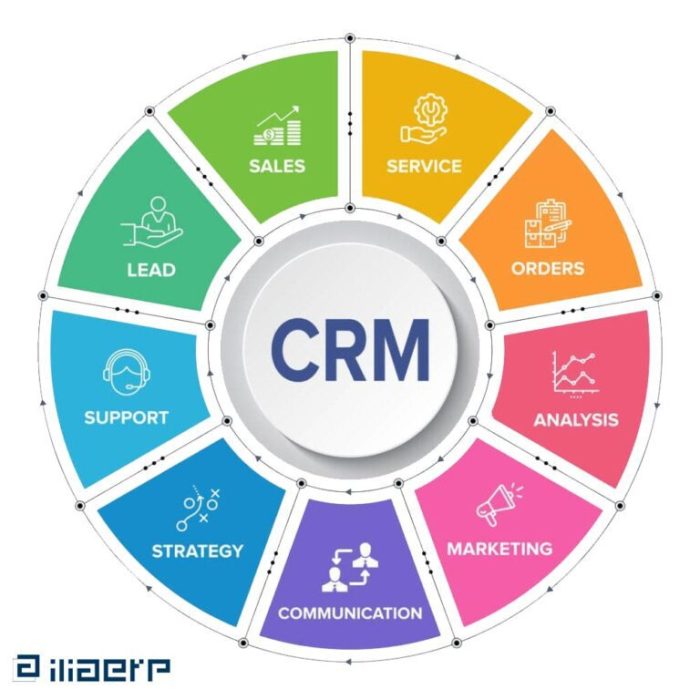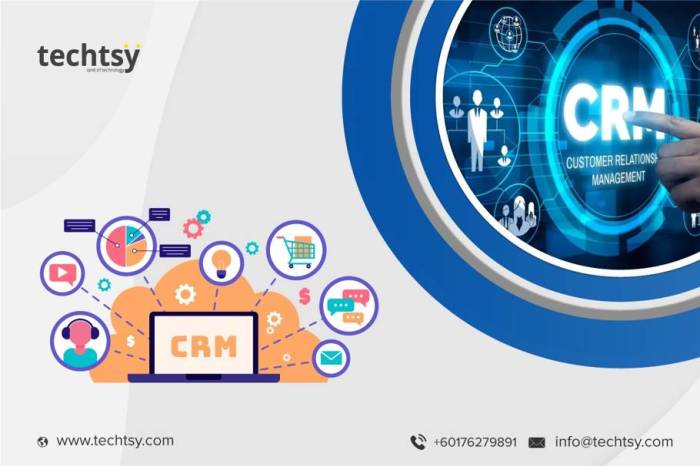In today’s fiercely competitive market, providing exceptional customer service is no longer a luxury—it’s a necessity. Customer Relationship Management (CRM) software, specifically designed for customer service, has emerged as a pivotal tool for businesses of all sizes to streamline operations, enhance customer interactions, and ultimately, boost profitability. This comprehensive guide will delve into the intricacies of CRM customer service software, exploring its features, benefits, implementation strategies, and the crucial role it plays in fostering customer loyalty.
Understanding CRM Customer Service Software: More Than Just a Contact List
CRM customer service software is far more than a simple contact list. It’s a sophisticated system that integrates various functionalities to manage and improve customer interactions across all touchpoints. This includes managing customer inquiries, tracking interactions, resolving issues efficiently, and analyzing customer data to identify trends and improve service delivery. A robust CRM system empowers businesses to personalize interactions, anticipate customer needs, and build stronger, more profitable relationships.
Key Features of Effective CRM Customer Service Software:
- Ticketing System: A centralized system for managing customer inquiries, tracking their progress, and ensuring timely resolution. This often includes features like priority assignment, automated routing, and SLA (Service Level Agreement) management.
- Knowledge Base: A searchable repository of frequently asked questions (FAQs), troubleshooting guides, and other helpful resources, empowering customers to find solutions independently and reducing the workload on support agents.
- Live Chat: Provides real-time support, enabling immediate interaction with customers and quick resolution of simple issues. This fosters a sense of immediacy and improves customer satisfaction.
- Email Integration: Seamlessly integrates with email clients, allowing agents to manage customer emails within the CRM system, providing a unified view of customer interactions.
- Phone Integration: Connects the CRM with phone systems, allowing agents to access customer information during calls, enhancing personalization and efficiency.
- Social Media Integration: Monitors and manages customer interactions across various social media platforms, allowing businesses to address concerns and build brand loyalty in a timely manner.
- Reporting and Analytics: Provides detailed reports on key metrics such as customer satisfaction, resolution times, and agent performance, enabling data-driven decision-making and continuous improvement.
- Customer Segmentation: Allows businesses to segment their customer base based on various criteria, enabling targeted communication and personalized service.
- Automation: Automates repetitive tasks such as email responses, follow-ups, and report generation, freeing up agents to focus on more complex issues.
Benefits of Implementing CRM Customer Service Software
The benefits of adopting a CRM customer service solution extend far beyond improved customer service. These systems offer a multitude of advantages that contribute to overall business growth and success.
Improved Customer Satisfaction:
By providing quick, efficient, and personalized service, CRM systems directly contribute to higher customer satisfaction scores. The ability to access complete customer history allows agents to provide tailored solutions, fostering loyalty and positive word-of-mouth referrals.
Increased Efficiency and Productivity:
Automation of tasks, streamlined workflows, and centralized information access significantly improve agent productivity. This allows support teams to handle a larger volume of inquiries with fewer resources.
Reduced Operational Costs:
By optimizing workflows and reducing the need for manual processes, CRM systems can lead to significant cost savings. Improved efficiency translates to lower labor costs and reduced operational overhead.
Enhanced Customer Retention:, Crm customer service software
Providing exceptional service through a CRM system fosters customer loyalty and reduces churn. Personalized interactions and proactive support build stronger relationships and encourage repeat business.

Source: winsavvy.com
Data-Driven Decision Making:
The detailed reports and analytics provided by CRM systems offer valuable insights into customer behavior, service performance, and areas for improvement. This data-driven approach enables businesses to make informed decisions and optimize their strategies.
Choosing the Right CRM Customer Service Software: Key Considerations
Selecting the right CRM system is crucial for realizing its full potential. Several factors need careful consideration before making a decision.
Scalability:
Choose a system that can grow with your business. Consider your current needs and anticipate future growth to ensure the CRM can handle increasing volumes of data and users.
Integration Capabilities:
Ensure the CRM integrates seamlessly with your existing systems, such as email clients, phone systems, and other business applications. Seamless integration avoids data silos and ensures a unified view of customer interactions.
User-Friendliness:
The CRM should be intuitive and easy to use for both agents and administrators. A user-friendly interface minimizes training time and ensures efficient adoption.
Customization Options:
Consider the level of customization offered by the CRM. The ability to tailor the system to your specific business needs and workflows is essential for maximizing its effectiveness.
Cost and Pricing:
Evaluate the cost of the CRM, including licensing fees, implementation costs, and ongoing maintenance. Choose a system that offers good value for money and aligns with your budget.

Source: ilia-erp.com
Implementing CRM Customer Service Software: A Step-by-Step Guide
Successful CRM implementation requires a well-defined plan and a phased approach.
1. Needs Assessment

Source: techtsy.com
Identify your business needs and objectives. What challenges are you trying to address with the CRM? What are your key performance indicators (KPIs)?
2. Vendor Selection
Research and select a CRM vendor that meets your specific requirements and budget. Consider factors such as scalability, integration capabilities, and user-friendliness.
3. Data Migration
Transfer existing customer data into the new CRM system. Ensure data accuracy and consistency to avoid errors and inconsistencies.
4. Training and Onboarding
Provide comprehensive training to your support agents and other users on how to effectively utilize the CRM system.
5. System Customization
Customize the CRM to fit your specific business processes and workflows.
6. Ongoing Monitoring and Optimization
Continuously monitor the performance of the CRM system and make adjustments as needed to ensure optimal efficiency and effectiveness.
Frequently Asked Questions (FAQs)
- Q: What is the cost of CRM customer service software? A: The cost varies significantly depending on the vendor, features, and number of users. Some offer subscription-based models, while others have one-time purchase options.
- Q: How long does it take to implement CRM customer service software? A: Implementation time depends on the complexity of the system and the size of your business. It can range from a few weeks to several months.
- Q: What are the key metrics to track with CRM customer service software? A: Key metrics include customer satisfaction (CSAT), Net Promoter Score (NPS), average resolution time, first contact resolution (FCR), and agent productivity.
- Q: How can I ensure the success of my CRM implementation? A: Success requires careful planning, thorough training, ongoing monitoring, and a commitment to continuous improvement.
- Q: What are some popular CRM customer service software options? A: Popular options include Salesforce Service Cloud, Zendesk, HubSpot Service Hub, Freshdesk, and Zoho CRM.
Conclusion: Empowering Your Customer Service with CRM
Investing in CRM customer service software is a strategic move that can significantly impact your business’s success. By streamlining operations, enhancing customer interactions, and providing valuable data-driven insights, CRM systems empower businesses to deliver exceptional customer service, build lasting relationships, and drive sustainable growth. Take the leap and transform your customer service today!
References:
Call to Action:: Crm Customer Service Software
Ready to elevate your customer service? Contact us today for a free consultation and discover how the right CRM solution can transform your business!
Expert Answers
What are the key features of a good CRM customer service software?
Key features include ticketing systems, live chat integration, email management, knowledge base access, reporting and analytics dashboards, and seamless integration with other business tools.
How much does CRM customer service software cost?
Pricing varies widely depending on the vendor, features included, and the number of users. Options range from free plans with limited functionality to enterprise-level solutions with substantial monthly or annual fees.
How long does it take to implement CRM customer service software?
Implementation timelines vary, depending on the complexity of the system, the size of the business, and the level of customization required. It can range from a few weeks to several months.
What is the return on investment (ROI) for CRM customer service software?
The ROI varies greatly, but improvements in customer satisfaction, reduced operational costs, and increased efficiency can lead to significant long-term benefits. Careful planning and implementation are crucial for maximizing ROI.
